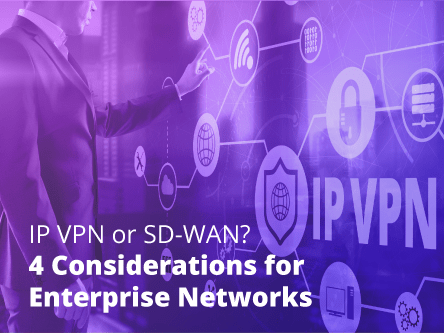eCommerce is most often associated with brands like Alibaba, Amazon, ASOS and eBay but it is only defined as commercial transactions conducted electronically on the internet. While there is a lot to learn from these consumer brands, eCommerce is not limited to specific markets. It has the power to influence the growth, development and efficiency of whatever market has the ability to transact online. Its scope and potential is only limited by the buyers and sellers that are willing to participate.
For communications service providers, eCommerce is about using the advantages that eCommerce has already offered other sectors to buy and sell international capacity, co-location, last mile access and a range of other services. This means taking the utility of buying and selling online and applying it in a market that ironically enables eCommerce to be transacted on their networks and infrastructure but has yet to take advantage of it themselves.
Communications service providers can benefit from typical advantages that eCommerce provides:
- No Geographical Limitations – Global Markets
- New Potential Customers
- Increased Product or Service Transparency and Comparisons
- Ease of Use and Speed of Transaction – Efficiency
- Elimination of Travel Time and Costs
- Greater Information and Intelligence
Each of these six elements has been powerful enough to make B2C eCommerce worth more than $1.5 trillion in 2014, according to eMarketer, and has the potential to refresh the B2B communications services market and show it a new open, accessible and efficient way forward.







